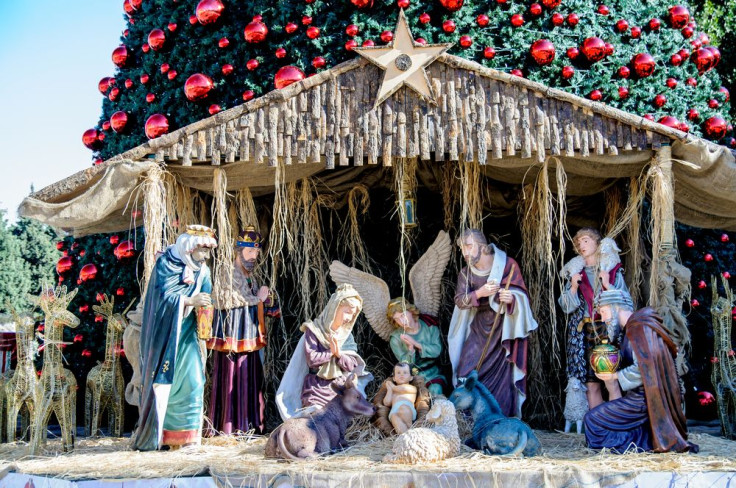
Christmas is right around the corner. ‘Tis the season to be jolly and cheerful, enjoy the holidays, get together with your loved ones, have amazing dinners (if you’re Latino you get the “Noche Buena” and then the leftovers on the 25!), share with the people we care about, gather around the Christmas tree, exchange presents, listen to festive music and maybe sing along to it, bake, cook, kiss under a mistletoe… So many things! With all of this happening around us, we forget about the true meaning of Christmas, the birth of Jesus. But how did this date become so popular that even non-Christians sometimes celebrate it? Here are some facts about it.
1) Let’s start by saying that December 25 is not the real date of the birth of Jesus. There’s no official record of the actual date when Jesus was born. Some people say it was in March, others in April and others at the end of the summer. The reason why this December date was chosen was because back in the first few centuries A.D., Rome was well-known for absorbing the pagan religions and rituals of their empire, and one of the most popular ones was the winter solstice (December 21). To attract more people to Christianity, Emperor Constantine, in 336 A.D., officially converted the pagan tradition into Christmas.
2) A tradition that has become popular in Christmas is gift-giving. But why do we do that? As we know, when Jesus was born, three wise men traveled from great distances to meet and greet our Savior. They brought with them Frankincense, a perfume used in Jewish worship and, as a gift, it showed that people would worship Jesus; gold, which was associated with Kings and Christians believe that Jesus is the King of Kings, and myrrh, a perfume that was put on dead bodies to make them smell nice and it symbolized that Jesus would suffer and die. People made it a tradition to give gifts to the kids this time of year, but why is it Santa Claus that brings them and not the Magi (Wise Men)?
3) Santa Claus originates from Saint Nicholas, a historic 4th-century Christian saint and Greek Bishop of Myra (part of modern-day Turkey). He had a reputation for secret gift-giving, such as putting coins in the shoes of those who left them out for him, a practice celebrated on his feast day, St. Nicholas Day (December 6 in Western Christianity and December 19 in Eastern Christianity). He became the model for Santa Claus, whose modern name comes from the Dutch Sinterklaas, itself from a series of elisions and corruptions of the transliteration of “Saint Nikolaos.”
4) We’re not sure as to how Christmas became all about Santa Claus, but we could only imagine that it was to also commemorate the Christian saint and what better way than to make the birth of Jesus even more appealing than to adding gifts to celebrate it. As for the three Wise Men, in most Latin America and other countries, we still celebrate them on January 6, or Epiphany. Most kids will get gifts then from the Magi. If you’re lucky, you might get both Christmas gifts from Santa and Epiphany gifts from the Magi.
© 2024 Latin Times. All rights reserved. Do not reproduce without permission.
